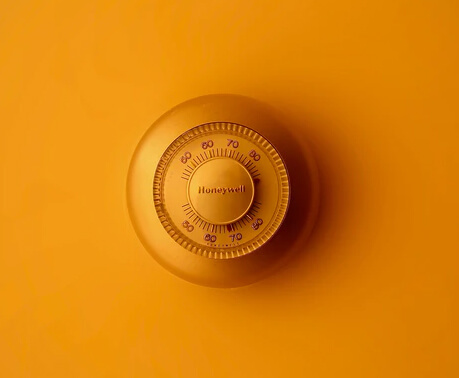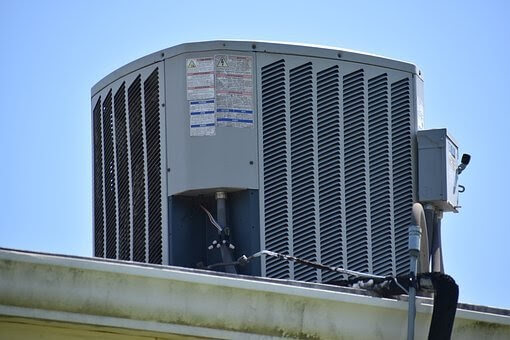
Your central air conditioning system has an important role to play, especially in the sweltering summer months. Without it, heat and humidity can creep in and make your home uncomfortable. Don’t risk an unexpected AC breakdown. Learn about the average lifespan of an AC system and signs of an impending system failure.
Average Lifespan
Expect most central air conditioners to reliably function for an average of 10 to 15 years. Some systems might serve you for much longer. And others may break down much sooner.
What factors can affect a system’s lifespan? It mostly comes down to usage and maintenance. If you rarely use your system but keep up with routine maintenance, it’ll likely last beyond the average lifespan. On the other hand, a system that is frequently running at full power will likely wear down faster. And if you skip routine cleaning, inspections, and repairs, you’ll only shorten the system’s life.
Signs Your Central AC Needs Replacing
If your current system is more than 10 years old, it might be time to consider a replacement. But age isn’t the only factor to keep in mind. The following signs indicate that your AC is in need of repair or replacement.
Unusual noises. If your system is noisier than it used to be, there’s a chance that components are starting to fail.
High energy bills. Keep an eye on your monthly energy bills. If you notice an unusual spike, it could be a sign that your system is no longer in prime condition. It’ll be working harder to keep your home at a comfortable temperature.
Dust. Noticing excessive dust in the ductwork? This is a sign that leaks are present, which means your system isn’t working at full efficiency.
High humidity. Your system should be able to control indoor temperatures and reduce humidity. If that’s no longer the case, a replacement may be needed.
Frequent repairs. If you find yourself frequently having to call a repair service, that’s a sign that something’s wrong. A reliable technician will encourage you to replace your system, rather than keep spending money on repairs.
Refrigerant Concerns
If you own an older system, another factor to keep in mind is refrigerant production. R22 Freon is a refrigerant that older HVAC systems rely on for cooling functionality. However, starting in 2020, production of R22 was banned in the U.S.
So, although you can continue to use your system, it’ll be harder and more expensive to obtain the refrigerant it needs to operate. The best course of action is to update to a newer system. A newer system will be better for the environment and more efficient in cooling your space. In the long run, updating your system will save you money when it comes to energy bills.
Time to replace your HVAC system? When it comes to heating and air conditioning, Denver residents can turn to Go Green Heating and Air Conditioning for system repair and installation. Reach out today for quotes and scheduling.




